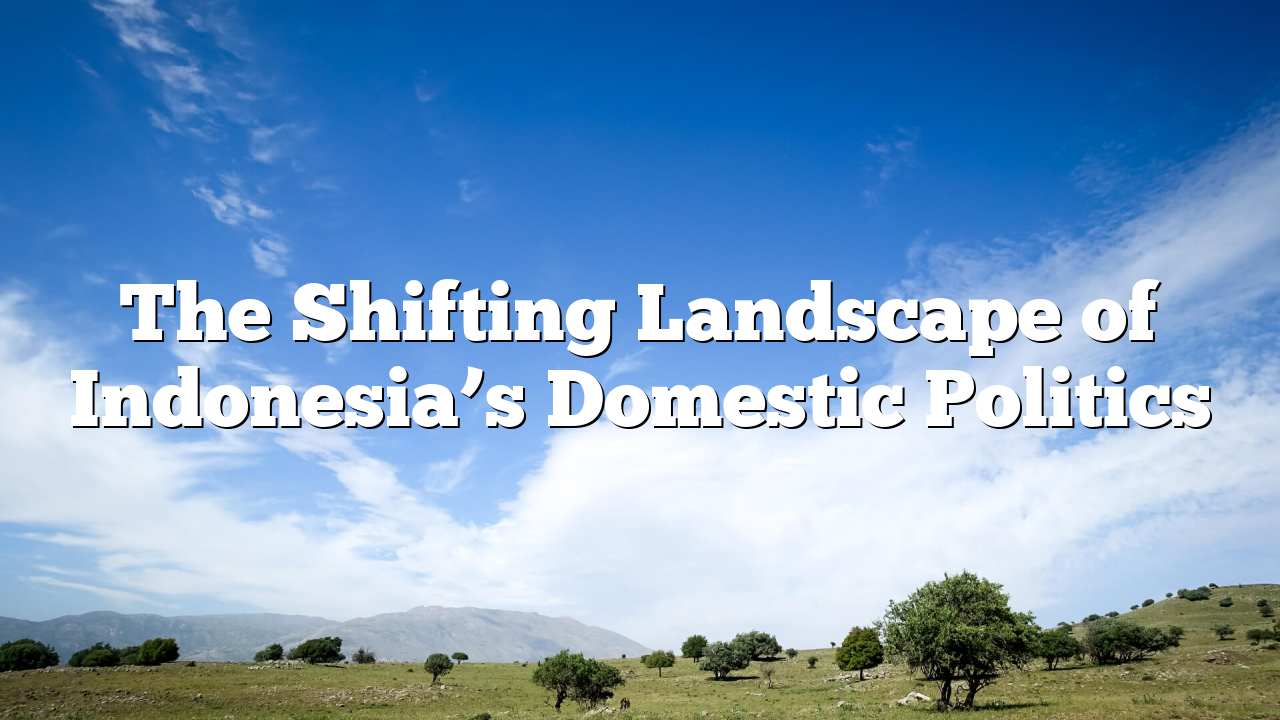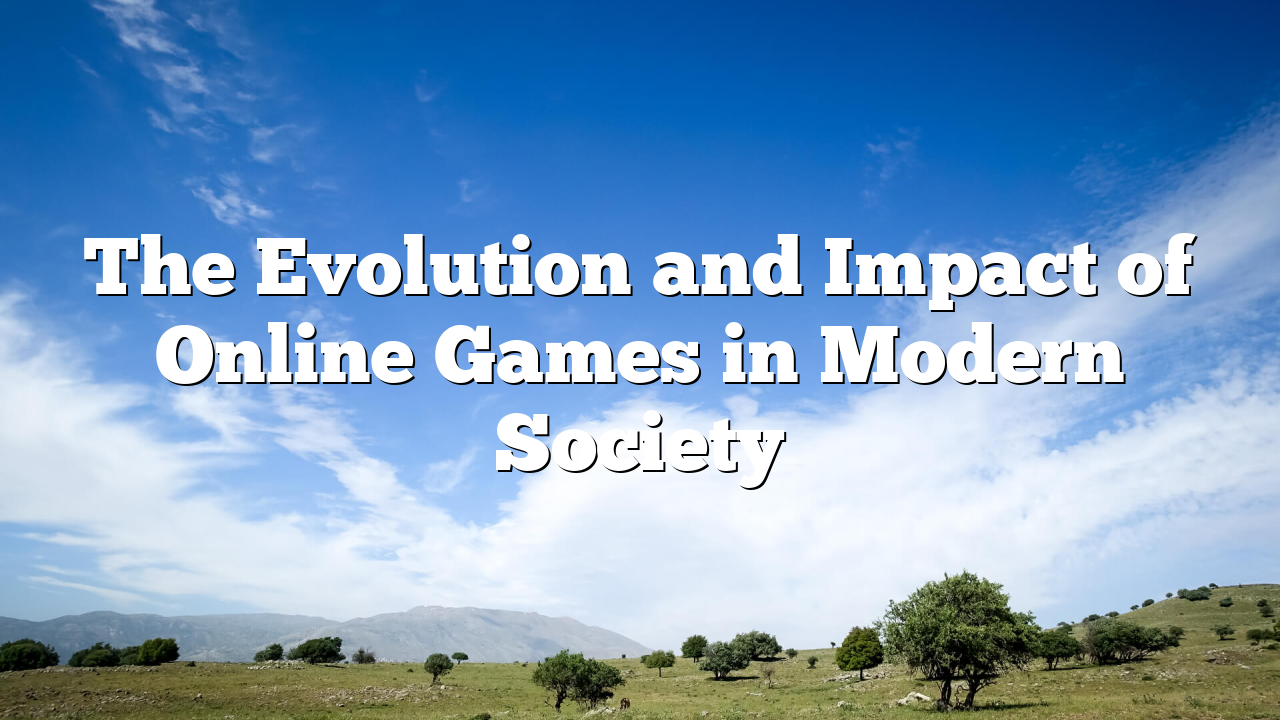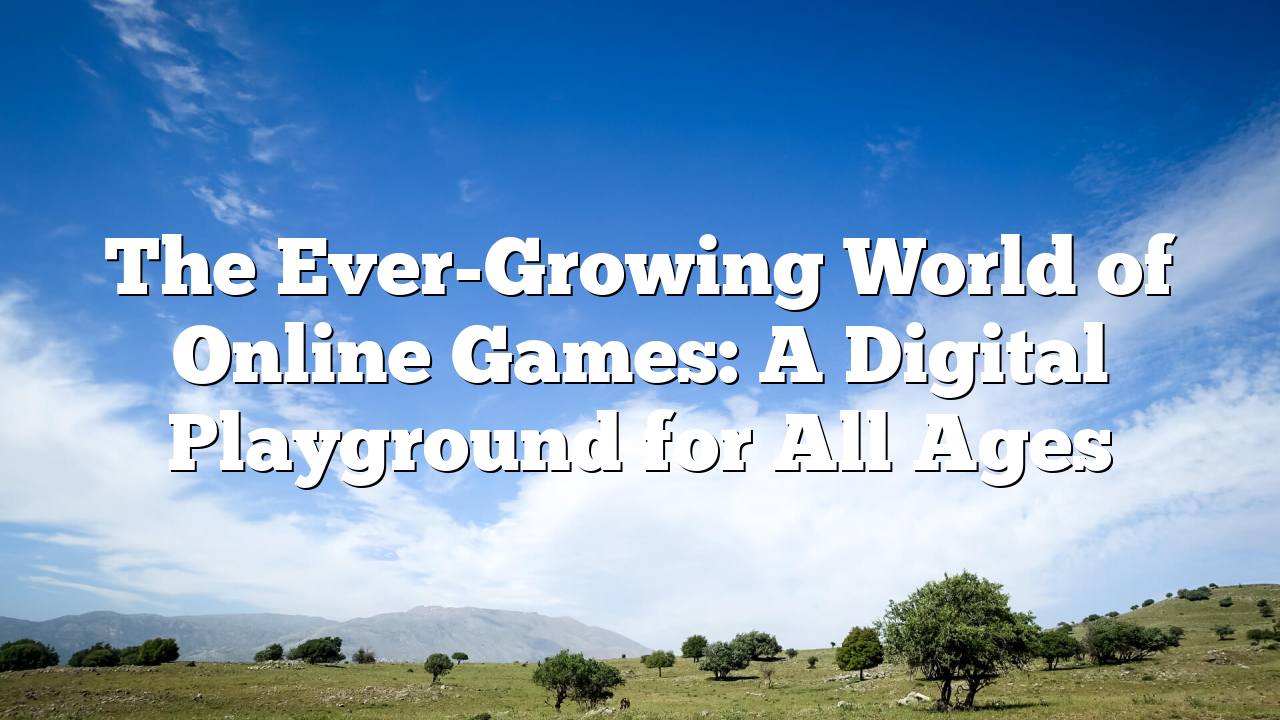In recent years, Indonesia’s domestic political landscape has undergone significant transformations, reflecting broader social, economic, and technological changes. As the world’s third-largest democracy, Indonesia’s Pattimura4d internal political developments have far-reaching consequences, not only for its 270 million citizens but also for the stability of Southeast Asia as a whole.
One of the most notable changes in domestic politics has been the increased role of younger voters. With more than half of the population under the age of 40, youth participation has become a decisive factor in elections. This generation, often referred to as “digital natives,” is more connected, more vocal, and less tied to traditional political loyalties than previous ones. Their concerns—ranging from climate change and job creation to human rights and technological innovation—are reshaping political discourse and policy priorities.
The political system, rooted in the post-Reformasi era, is still defined by a multi-party structure. However, the consolidation of power among a few major parties has created both stability and challenges. While dominant parties have maintained control over the legislative process, critics argue that this concentration has stifled political diversity and slowed the emergence of fresh political movements. Nonetheless, smaller parties and independent candidates continue to seek influence, often focusing on local issues to build grassroots support.
Corruption remains a persistent issue in domestic politics. Despite the work of the Corruption Eradication Commission (KPK) and various legal reforms, public trust in political institutions is periodically shaken by high-profile scandals. These incidents underscore the tension between political elites and reformist forces pushing for greater transparency and accountability. The challenge for Indonesia lies in strengthening its legal framework and ensuring that anti-corruption measures are consistently enforced, regardless of political affiliation.
Regional autonomy has also shaped domestic politics in profound ways. The decentralization reforms of the early 2000s gave significant authority to local governments, allowing them to tailor policies to local needs. While this has fostered innovation in some regions, it has also led to disparities in governance quality and service delivery. The ability of local leaders to influence national politics has grown, with regional success stories often becoming stepping stones to higher office.
Another critical dynamic is the intersection of religion and politics. As the world’s largest Muslim-majority nation, Indonesia prides itself on religious pluralism. However, political actors occasionally exploit religious identity to mobilize support or undermine opponents. This can lead to polarization, particularly during election periods. The government and civil society continue to grapple with balancing freedom of expression, religious harmony, and political competition.
The influence of social media on domestic politics cannot be overstated. Platforms such as Twitter, Instagram, and TikTok have become major battlegrounds for public opinion. While they offer opportunities for civic engagement and political education, they also serve as channels for misinformation and divisive rhetoric. The speed at which narratives can spread online poses a challenge for policymakers and electoral commissions, who must safeguard democratic processes without infringing on free speech.
Looking ahead, Indonesia faces several key tests. The country’s ability to manage its vast diversity—geographical, cultural, and political—will be crucial for maintaining unity. Strengthening democratic institutions, promoting inclusive economic growth, and addressing environmental challenges will require collaboration across party lines. The next decade will likely see an even greater role for young leaders, innovative political movements, and citizen-driven initiatives in shaping policy.
Indonesia’s domestic politics is a complex, evolving arena where tradition meets modernity, and local realities intersect with global trends. While the road ahead is not without obstacles, the resilience of its democratic framework and the engagement of its citizens provide grounds for cautious optimism. The nation’s political journey remains a work in progress, and the choices made today will determine the quality of governance for generations to come.











Leave a Reply